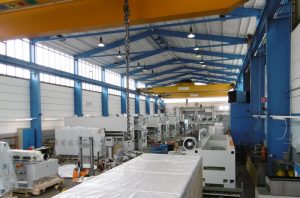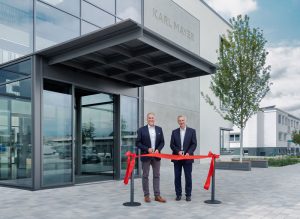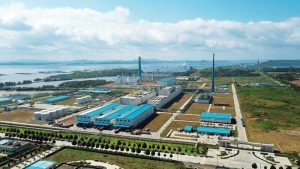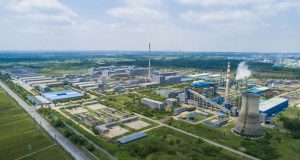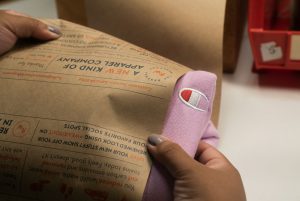 WINSTON-SALEM, N.C. — August 31, 2021 — Champion today announced that it has launched “Champion Renewed,” a new collection in partnership with The Renewal Workshop, a company that renews apparel that would have otherwise gone into landfill.
WINSTON-SALEM, N.C. — August 31, 2021 — Champion today announced that it has launched “Champion Renewed,” a new collection in partnership with The Renewal Workshop, a company that renews apparel that would have otherwise gone into landfill.
This exclusive line, available today, features Champion’s iconic Reverse Weave® sweatshirts that have been renewed by The Renewal Workshop. The collection, which is an important step in the authentic athleticwear brand’s Champion MADE sustainability effort, ranges from $30-$45 (40-percent off the original MSRP). The goal of the initiative is to help extend the lifespan of apparel and reduce waste. Consumers can shop the collection at www.renewalworkshop.com/pages/champion.
Champion MADE is a promise from the brand to create athleticwear that feels good, looks good, and, most importantly, does good. The brand is working to increase the use of responsibly made fabrics and find ways to creatively reuse products to reduce energy use and water consumption during the manufacturing process. As part of the HanesBrands family, Champion’s efforts support the company’s 2025-2030 global sustainability goals, which include all of its brands having a fully circular product or significant circularity initiative by 2025.
“The Champion brand is committed to taking significant strides toward social and environmental leadership, and our partnership with The Renewal Workshop is an important step in this process,” said Jon Ram, group president of global activewear for HanesBrands. “We are proud to extend the life of apparel that would have otherwise ended up in landfills. We look forward to expanding these efforts beyond Champion’s Reverse Weave sweatshirts to other products that our consumers love.”
Through the Renewal Workshop’s proprietary six-stage, zero-waste process, garments undergo rigorous standards as they are reworked. Products are sorted, graded, thoroughly sanitized using state-of-the-art waterless technology, repaired to like-new standards, inspected, and verified to joint quality standards before they are given a Renewal Workshop tag and made available for purchase.
The Renewal Workshop uses Life Cycle Assessment (LCA) Methodology to measure the impact of the textile fibers most frequently received, such as cotton, polyester, and wool. Using this data, in addition to each garment’s weight, the organization can evaluate energy savings, greenhouse gas reductions, and water consumption decreases, among other things, for each item that is renewed.
“We’re thrilled to have Champion join our growing list of brands, and we’re eager to support the brand in its larger efforts to salvage apparel, giving clothing a chance for a second life,” said Nicole Bassett, co-founder, The Renewal Workshop. “By having a brand as iconic as Champion begin the process with us, we’re encouraged that others within the industry will soon follow suit.”
In addition to partnering with The Renewal Workshop, the brand’s progress to date on the Champion MADE pledge includes offering classic jersey tees made with 100-percent U.S. cotton, which is traceable and some of the most responsibly produced fiber in the world; introducing two environmentally conscious collections, Natural State and Rally Pro Earth, in 2021; and manufacturing “Game Day” sweats using 95-percent recycled polyester fibers, as well as other Sport category apparel with a significant percentage of recycled polyester fiber.
Posted August 31, 2021
Source: Champion


